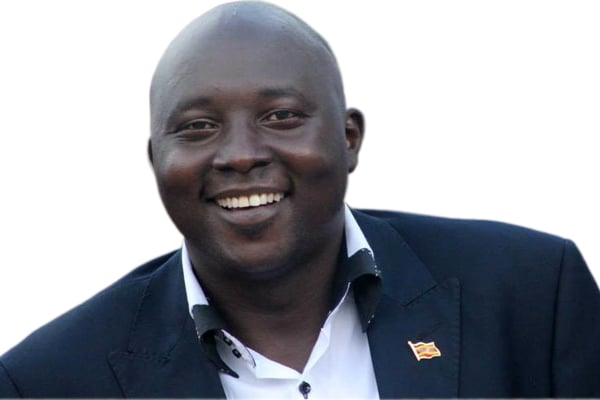EU sanctions alone may not resolve our problems

David Martin Aliker
What you need to know:
- Similarly, Ugandan security officers violating rights unlike Russian oligarchs are not bothered about the prospects of being denied access to Europe.
The most awkward weaknesses of Western thinkers is their inability to strategically domesticate their ideologies in Africa. The thinking that if it worked in Ukraine, it will work in Uganda is careless.
The January general election – that NRM’s Yoweri Museveni was announced winner followed by NUP’s Robert Kyagulanyi – was by far the most violent election in Uganda’s history. NUP candidate Robert Kyagulanyi, aka Bobi Wine, was assumed to enjoy support from the international community.
Early last week, the European Union (EU) Parliament recommended sanctions against Ugandan individuals and organisations they claim were responsible for human rights violations during the elections, which it said wasn’t democratic and transparent. The global human rights sanctions regime, or the European Magnitsky Act, was then endorsed for the said individuals and organisations.
Sanctions are a key part of the EU’s human rights toolbox. The EU adopts restrictive measures – mostly travel bans and asset freezes – against individuals and organisations responsible for some of the worst human rights violations.
As the EU shifts to a more thematic approach, under which sanctions focus on a particular type of problem rather than a country; why would one think the European Magnitsky Act will be a panacea to Uganda’s democratisation?
International sanctions are one of the most commonly used tools of Western foreign policy in the post-Cold War era to instigate democratisation globally (Cortright and Lopez 2000). Despite long-term external pressure through sanctions being imposed; countries like Belarus, Cuba, Eritrea, Iran, North Korea and Syria have proven to be extremely persistent in their sustenance of authoritarian rule.
The European Magnitsky Act has limitations that risk promoting kleptocracy – a government whose corrupt leaders use political power to appropriate the wealth of their nation. Corruption and human rights abuse go hand in hand. For instance, the omission of corruption in the EU’s new sanctions regime risks sending the message that Europe is a safe haven for dirty money, according to Laure Brillaud of Transparency International.
In the words of Alexei Navalny, the Russian opposition Leader, “The main question we should ask ourselves is why are these people poisoning, killing and fabricating elections? And the answer is very, very simple: money. So, the European Union should target the money and Russian oligarchs.”
Similarly, Ugandan security officers violating rights unlike Russian oligarchs are not bothered about the prospects of being denied access to Europe. This is confirmed by President Museveni’s assertion that, “for anybody to think that Africans are dying to go to Europe is something that shows lack of seriousness.” Many of them don’t have investments in Europe, but live luxuriously here in Uganda. Besides, the European Council will have to depend on the 27 states to act upon a proposal to establish, review and amend the sanctions list.
There are frustrating precedents where member states expressed no interest even thou sanctions were imposed like in Syria, Iran and until recently Zimbabwe.
Finally, there are situations where traditional “punishment theory” (Lektzian and Souva 2007: 850); the sanctions directly translates into direct political pressure that forces ruler to comply to external demands.
However, contrasting theoretical expectations about the effectiveness of threatened sanctions (Drezner 2003; Morgan et al. 2009; Whang et al. 2013), also argue that authoritarian regimes rarely concede to sanction threats. Only 10 per cent of sanctions related to democracy or human rights issues resulted in a concession by the target country already at the threat stage.
The current threats are unlikely to secure an end to human rights violations in Uganda’s democratisation, but might increase the prospects of an insurrection to further extreme human rights violations.
By David Martin Aliker
Mr Aliker is an opinion leader based in Gulu. [email protected]




